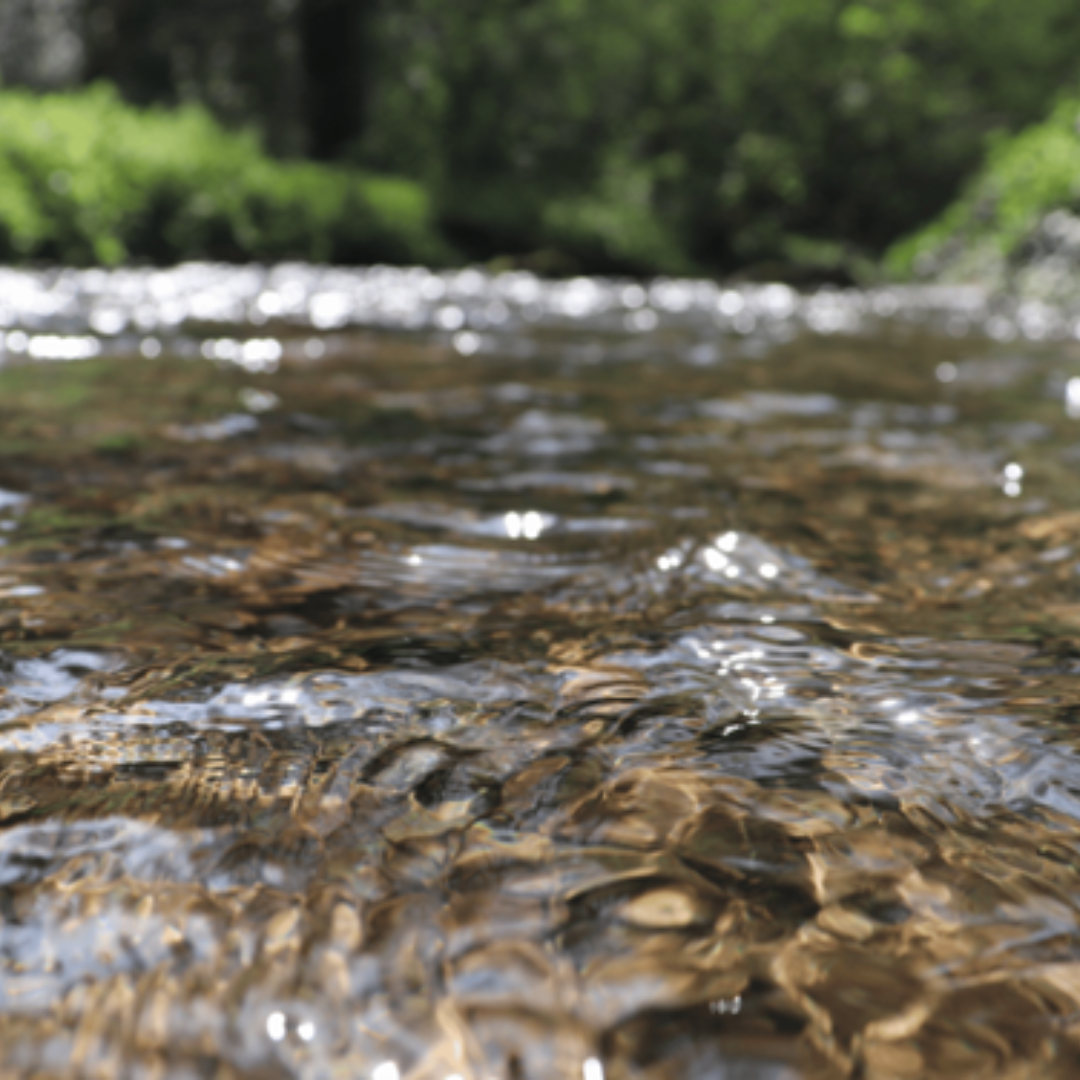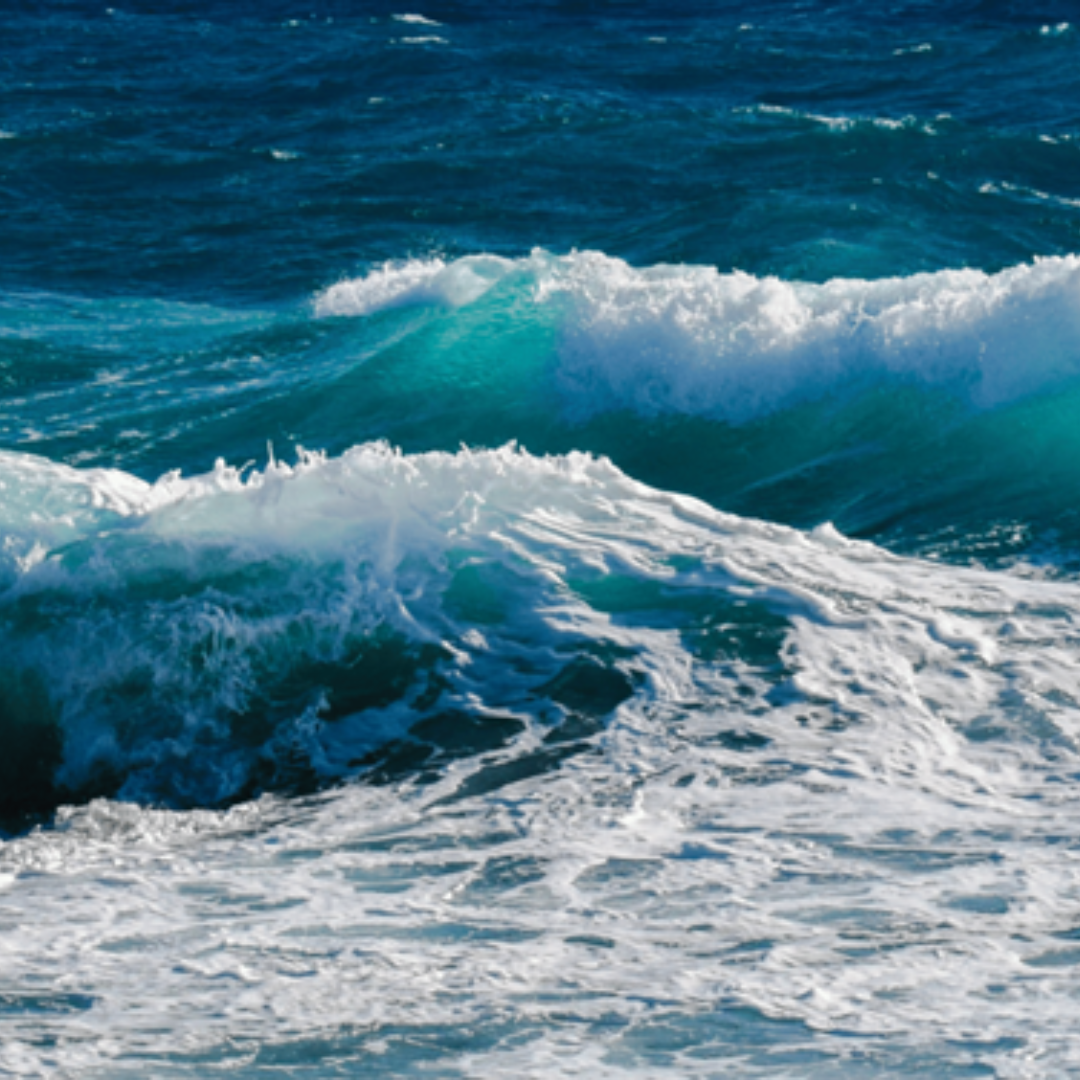We have had a wet few days, so you may be sick of the sight of water. The restorative benefits of nature has been wildly spoken about, even your local GP has the option to prescribe spending time in the outdoors to support patient well-being. This is nothing new: the Victorians used to take the sea air as a treatment for melancholy, and for centuries, the French spent time in natural springs to treat ailments. Spending time near green spaces is commonly known to be beneficial for your mental health; now, new studies highlight that living near water could be the secret to happiness.
Blue spaces
From the sound of rain whilst you’re snug and warm, watching a stream dancing down the countryside, waves gently lapping at the shore, to a water fountain creating a relaxing environment in your garden. You don’t have to be physically close to the ocean to gain the benefits of blue spaces – urban water, such as rivers, canals, fountains and pools, counts as well, and even just listening to or watching videos of water can have the same effect.

Scientific Reports published a study in 2021 which had surveyed people in 18 countries. They explored the association of natural settings with mental health. They found that people who lived in ‘greener/coastal neighbourhoods reported higher positive well-being,’ and particularly those that frequently visited blue spaces expressed lower mental distress and, overall, a better well-being. Nature is in no way a substitute for medication or therapy, but it can surprisingly help us to feel calmer.
In his book Blue Mind: The Surprising Science that Shows How Being Near, In, On, or Under Water Can Make Us Healthier, Happier, More Connected and Better at What You Do, marine biologist Wallace J. Nichols states that when we are near water: “Your creativity is going up, your stress hormones are going down, your ideas are expanding, your sense of yourself, you can hear yourself breathe, you’re connecting with the water.” He calls this ‘Blue Mind’.
The benefits
There are several ways that being in or close to water can benefit your mental well-being. Being around water creates a sense of awe, expanding our minds a little and giving us a sense of something greater then ourselves. If you have ever sat and watched the waves, you may have experienced a soothing of your senses. It isn’t just the sight of the waves, but the sound of them crashing, the salt and even the sand under your feet. You don’t need to be at the ocean to have a sensory experience near water, and as such, a calmer state of mind.

Because of its motion, water has the ability to grab our attention; it is dynamic in many ways, especially in how it encourages us to rest, should we be floating within it. It is this strength that helps to facilitate mindfulness and reflection, watching water can help to clear our minds and sooth our souls.
Medical reasons
You would be shocked to receive a prescription from your GP to go and spend some time within nature, but following a successful pilot project in Scotland, that is about to happen. During the original trial, it was found that 74% of those prescribed benefitted from a nature prescription. It also helped to change habits, with 87% saying that they would try to spend time in nature to help to support their health and well-being.
The RSPB, in collaboration with the Peak District National Park Authority, will be seeing the first green prescriptions being issued in the High Peak, Derbyshire with the hope they can be rolled out across the country.
Home effect
When buyers are viewing a property they want to feel at home in, they are no doubt filled with nervous excitement, and it is important to try to create a calm and relaxing environment which will allow them to relax. As the weather starts to get warmer, and hopefully drier, and you start to maintain your garden or outside space, why not have a think whether a water feature would enhance the space. This could not only be transformative to your health but could also, potentially, make buyers feel at home.
For advice on buying or selling a property, contact our team at Deakin-White.



